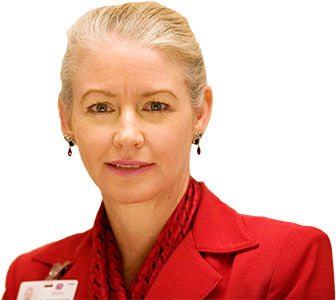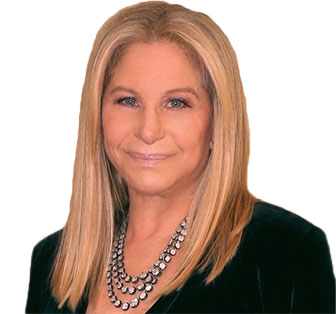-
Women's Heart Alliance
-
Learn
-
Take Action
-
Connect
New Survey: The Hidden Threat to Women
Heart disease is women's #1 killer, and it's often misdiagnosed
Women’s Heart Alliance is getting the word out about the crisis of misdiagnosis. Watch our video and learn more about how to advocate for your heart health.
2025 Cardiologist Survey
Most women aren't aware of the unique signs of heart disease; cardiologists say stomach pain (91%), sweating (85%) and fatigue (84%) are the most ignored.
Only 1 in 4 women treated by cardiologists know that heart disease is their #1 killer. This is dangerous, life-or-death knowledge gap that's putting women at risk every single day.
Heart disease does not discriminate based on age. 67% of female cardiologists revealed they were treating more young women than they did five years ago.
84% of female cardiologists reported treating female patients within the past year who had been misdiagnosed by other healthcare providers.
Stories of Misdiagnosis
Stories of women whose heart disease symptoms were overlooked, dismissed or misdiagnosed are all too common.
-
"The EMT advised me to breathe into a bag. He said I was having a panic attack." —Debbie Dunn
-
"A cardiologist said to me 'Young lady, it's not your heart. I'm sending you back to your doctor to have your nerves checked.'"—Vicky Ventura
-
"I was told I was having mini panic attacks, which were causing my nausea, dizziness, and pounding heart."—KC Maurer
Download a list of heart attack symptoms unique to women and questions to ask doctors to your phone.

“Many women go to the hospital with chest pain but they often aren’t tested for a heart attack because doctors felt they were low-risk. And they are considered low-risk because their heart disease symptoms are different than the symptoms men experience.”
— Dr. Noel Bairey Merz, WHA Scientific Advisor, Director of the Barbra Streisand Women’s Heart Center in the Smidt Heart Institute at Cedars-Sinai Medical Center

“Most of what we know about heart disease has come from research done on men, designed for men. And this has greatly benefited men, but women have not fared as well.”
— Dr. Holly Andersen, WHA Medical Advisor, and director of education and outreach at the Ronald O. Perelman Heart Institute and attending cardiologist at New York-Presbyterian/Weill Cornell Medical Center

“The time is ripe for a great leap forward on behalf of gender equity… Everywhere you turn today, women – and their allies – are stepping up and speaking out.”
— Barbra Streisand, Co-Founder of the Women’s Heart Alliance
We’ve got your heart on our minds.
Sign up to learn more about Women’s Heart Alliance. Together, we can cure heart disease.
